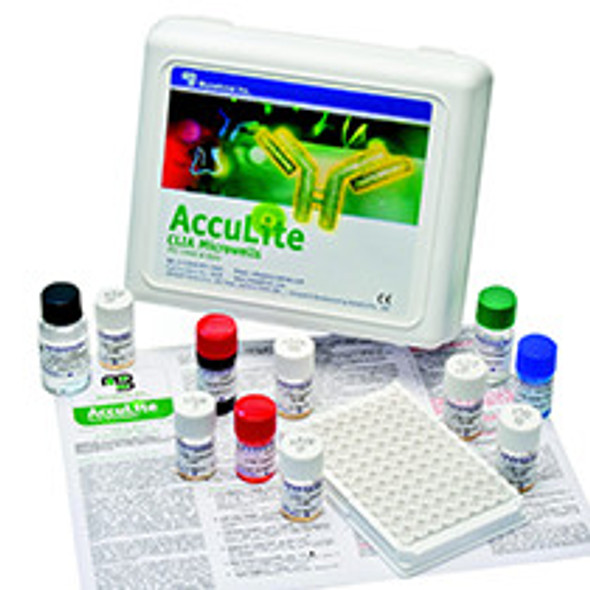Description
hCG
Human Chorionic Gonadotropin (hCG) is a protein produced in the placenta of a pregnant woman. A pregnancy test is a specific blood test that can detect hCG and confirm pregnancy. This hormone can be detected 10 days after a missed menstrual period, the time period when the fertilized egg is implanted in the woman’s uterus. With some methods, hCG can be detected even earlier, at one week after conception.
During the early weeks of pregnancy, hCG is important in maintaining function of the corpus luteum . Production of hCG increases steadily during the first trimester (8–10 weeks), peaking around the 10th week after the last menstrual cycle. Levels then fall slowly during the remainder of the pregnancy. hCG is no longer detectable within a few weeks after delivery.
hCG is also produced by some germ cell tumors and increased levels are seen in trophoblastic disease.
Additional Information
Method: |
Enzyme Immunoassay, Chemiluminescence |
Principle: |
Sandwich Assay, Streptavidin-Coated Plate |
Calibrators: |
0, 5, 25, 50, 100, 250 mIU/ml (3rd IS 75/537) |
Sample: |
25 µl |
Sensitivity: |
0.016 mIU/ml |
Reading: |
RLU’s |
Total Time: |
50 Minutes |
Shelf Life: |
18 Months |






